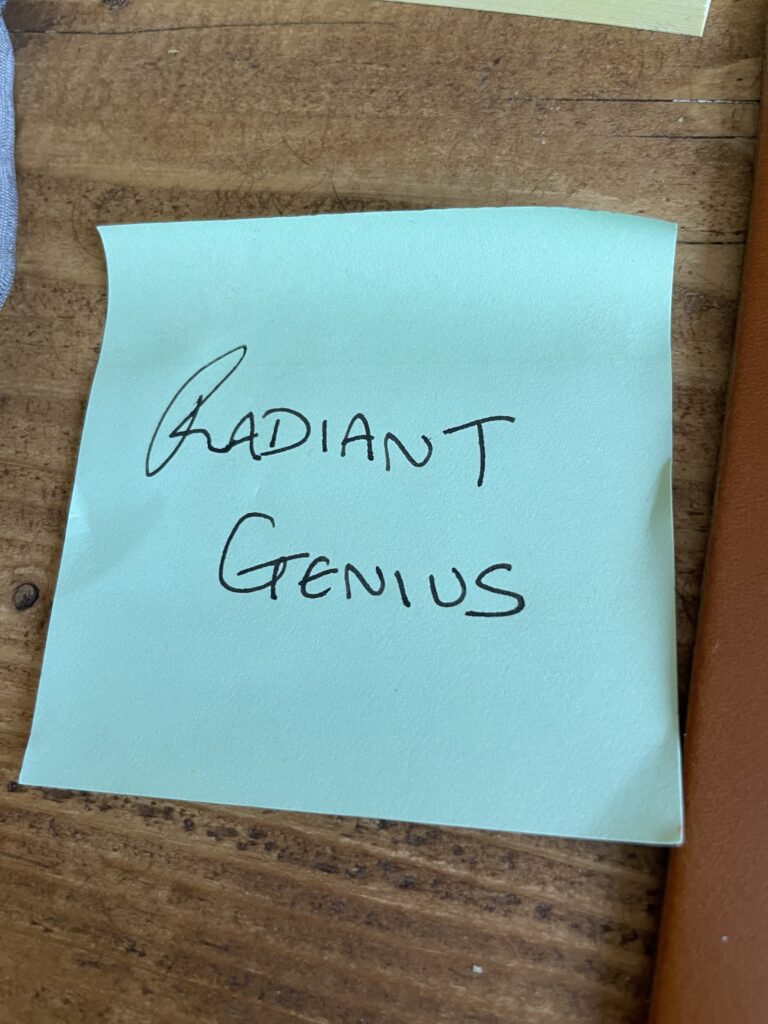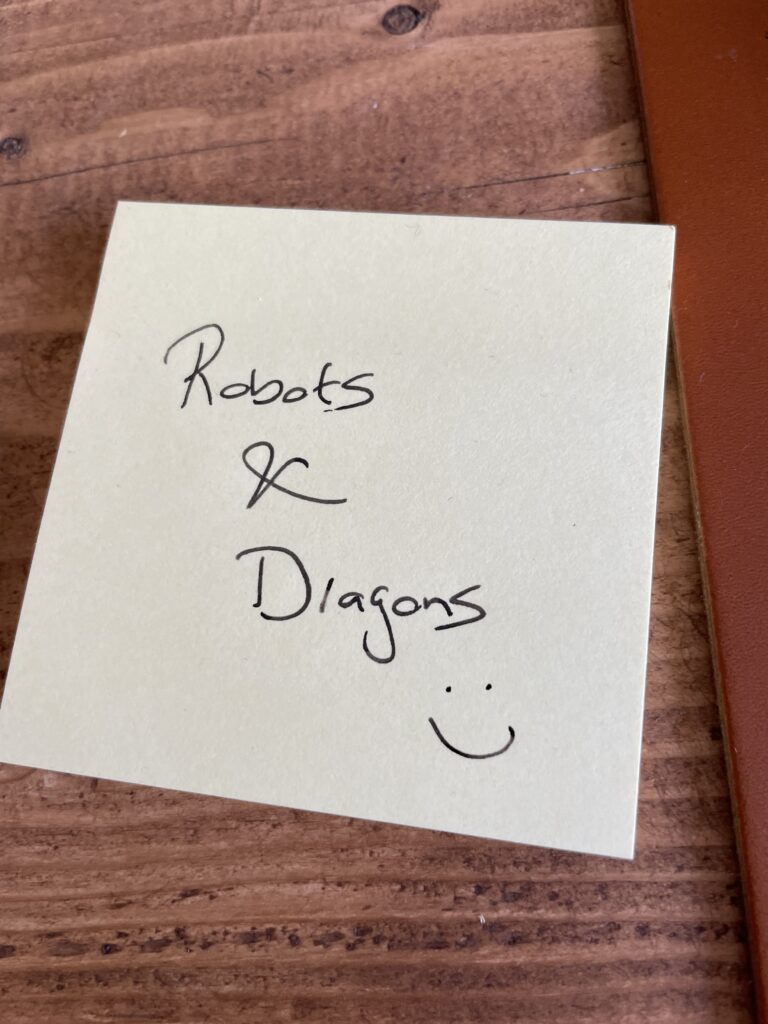Like millions of other people, I would have Neil Gaiman’s babies (we’d sort out the mechanics). His world-renown literary works aside, he also gives a bloody good interview.
Tim Ferriss recently reposted a 90-minute chat they had a few years ago. I recommend listening to the whole thing, and any other Gaiman interview you can find (there are lots on Youtube, like this one with Amanda Palmer).
Story bloat driven by word processors
What really grabbed me today was Neil’s comments on writing longhand. He always writes his first drafts out in a notebook, and it affects not only his process, but he has observed it affecting others, too.
I’ll be paraphrasing hereon, but you can read the full transcript here.
Neil notes that before PCs with word processors were mainstream, he edited an anthology of short stories. Then, the word counts averaged around 3,000 words. Only a few years later, with more computers around, he edited another anthology, only to find that the average word count has more than doubled.
On a computer screen, words are cheap. There’s no paper or ink to waste. There’s no selection pressure on the choice of words — just use them all. I wonder if short stories are fundamentally more difficult to write by computer than by hand. Does the brain process the task in a measurably different way?
Gaming environments for success
Neil has a well-known writing habit: if he doesn’t write then he is free to do nothing, but he is only allowed to do nothing. In minutes, doing nothing tends to lost his charm, and he so he writes. Procrastination is short-circuited.
But he also does something else. Neil produces his second drafts by copying his longhand manuscripts onto the computer. When he does this, if he realises he doesn’t need a page or so, he just doesn’t copy it up. Instead of deleting a whole chunk of digital copy, feeling like he’s losing work, he in fact saves himself the labour of transcribing.
This approach of using technology, environment and ritual provides an environment where Neil maximises his chance of doing the things he’d rather do. It doesn’t have to always work, it just has to be better than the default state.
Chris Clear posted something similar recently:
Prime your environment to make the next action easy.
First drafts are just meet-and-greets
In any case, Neil doesn’t try to catch lightning in a bottle. Even the master doesn’t spit out perfect prose right away (though I suspect his first go is usually still disgustingly good). I’ll close out with his thoughts on what first drafts are for.
… Nobody is ever meant to read your first draft. Your first draft can go way off the rails, your first draft can absolutely go up in flames … it is you telling the story to yourself.




